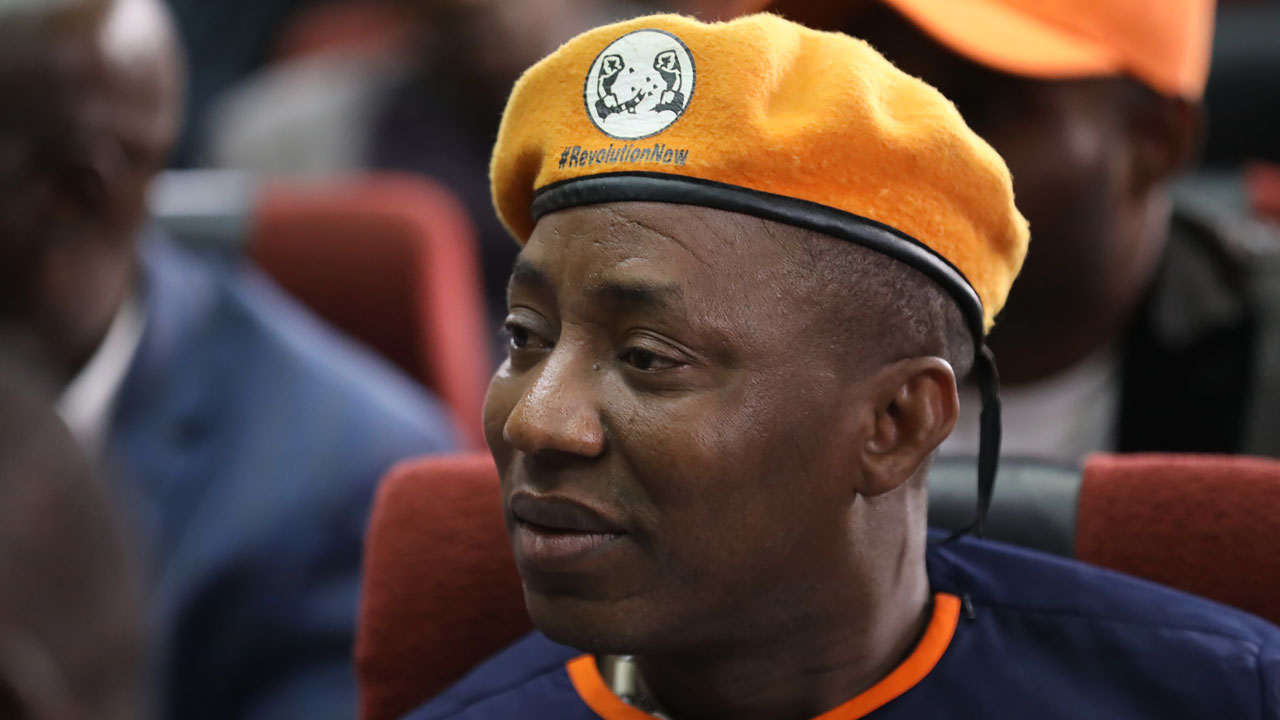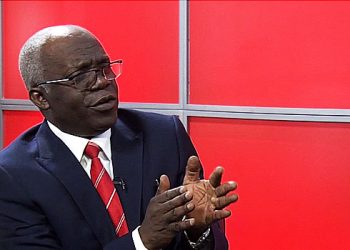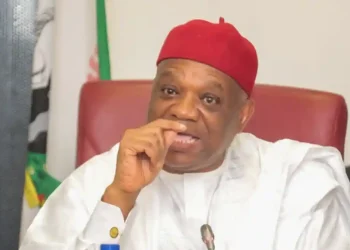Kemi Badenoch has said that she doesn’t see herself as a Nigerian anymore.
The Conservative Party leader recently revealed that she does not possess a Nigerian passport.
Kemi, who was born in London but grew up in Nigeria and the US, disclosed that she has not renewed her Nigerian passport in 20 years.
Speaking to the Rosebud podcast, Badenoch stated that even though she is Nigerian by ancestry, she no longer identifies with the nation.
According to her, she is still very interested in what happens in Nigeria because she has loved ones in the country, but Britain is her home now.
“I’m Nigerian through ancestry, by birth, despite not being born there because of my parents, but by identity I’m not really. I know the country very well, I have a lot of family there, and I’m very interested in what happens there.
But home is where my now family is, and my now family is my children, it’s my husband and my brother and his children, in-laws. The Conservative party is very much part of my family, my extended family, I call it,” she said.
In 1980, Kemi was one of the last people to automatically receive British citizenship because she was born in the UK. Margaret Thatcher scrapped birthright citizenship in 1981.
The politician stressed that she left Nigeria after her parents told her that she had no future in the country.
Badenoch confessed that her exit was inevitable because she never felt like Nigeria could ever be home.
“Finding out that I did have that British citizenship was a marvel to so many of my contemporaries, so many of my peers.
I think the reason that I came back here was actually a very sad one, and it was that my parents thought: ‘There is no future for you in this country.’ I never quite had the feeling that I belonged there,” Kemi said.
Badenoch headed back to the United Kingdom when she was 16 to stay with her mother’s friend due to the dangerous political and economic situation in Nigeria, and to study for her A-levels.
When Kemi’s dad, Femi Adegoke, died in Nigeria 3 years ago, she obtained a visa to return to the African nation, a process she described as a “big fandango”.
Kemi clashes with the Nigerian government from time to time. In 2024, Nigeria’s vice-president, Kashim Shettima, asked her to change her name if she was not proud of her “nation of origin”.
It is still not clear what led to Shettima’s comment, but Kemi has regularly called out the corruption in Nigeria, stressing that the level of insecurity was simply unbearable during her time there.
The Troy leader concluded by saying that she hasn’t experienced any form of racial prejudice in Britain, hence her decision to keep defending the UK from racism allegations.
“I knew I was going to a place where I would look different to everybody, and I didn’t think that that was odd.
What I found actually quite interesting was that people didn’t treat me differently, and it’s why I’m so quick to defend the UK whenever there are accusations of racism.”

Folami David is a dynamic journalist who views the world through an analytical lens, translating complex narratives across multiple industries into compelling stories. With an insatiable appetite for information and a keen eye for emerging trends, Folami specializes in uncovering the interconnections between technology, business, culture, and society.

















